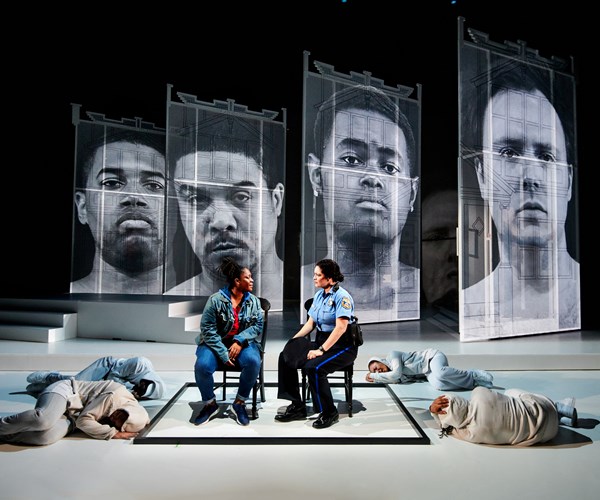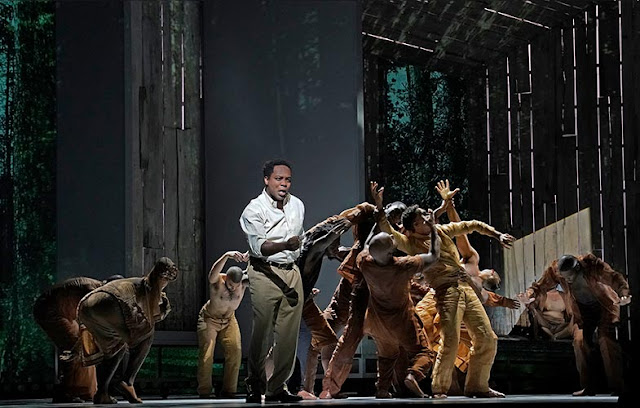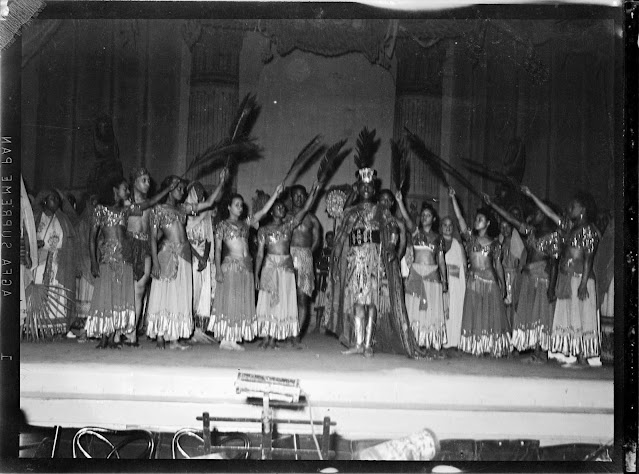The Afro Future
By Naomi André, Ph.D.
In her final essay of this three-part series, Seattle Opera Scholar-in-Residence Naomi André speculates about the future of Black Opera. Using the lens of Afrofuturism—a cultural aesthetic that combines science-fiction, history, and fantasy to explore the African American experience and aims to connect those from the Black diaspora with their forgotten African ancestry—André charts one path forward. In this essay, she uses historic events, music, and the writings of Octavia E. Butler to point the way.
Naomi André is a professor in the University of Michigan, where her teaching and research focus on opera and issues surrounding gender, voice, and race. Her writings include topics on Italian opera, Schoenberg, women composers, and teaching opera in prisons. Her publications include Black Opera: History, Power, Engagement and African Performance Arts and Political Acts (2021), which she co-edited. She has served as Seattle Opera’s Scholar-in-Residence since 2019.
.png)




